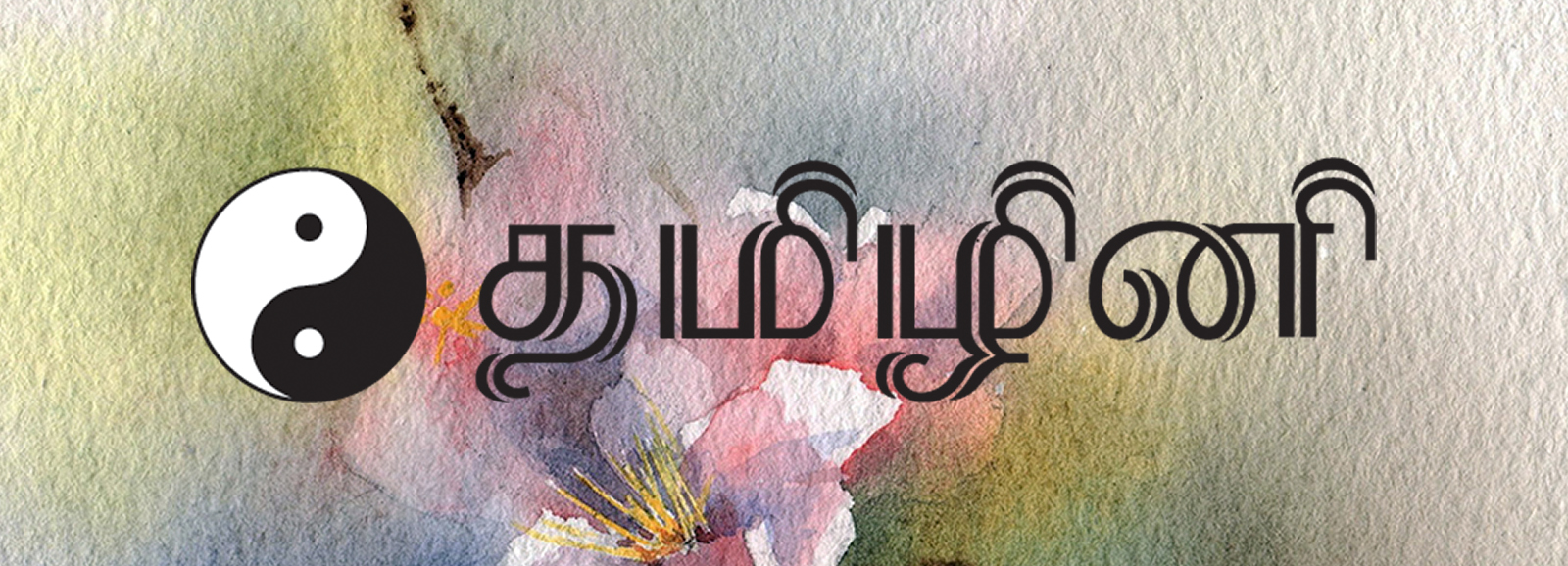The long-list for Man Booker prize 2018 has been announced and it has included a graphic novel, Sabrina by Nick Drnaso, for the first time in the award’s history. Graphic novels were never my cup of tea, yet I loved Persepolis and Blue is the warmest color (you know the reason!). It was coincidental that both the novels that impressed me were originally written in French and the movie adaptations have also managed to preserve their essence, even coping up with new dimensions.
I have been following Man Booker prize ever since Julian Barnes won the award for ‘The Sense of an Ending.’ Though he is British, I often felt Barnes as a keen Francophile who always questions the perceived notions of human history and the knowledge itself. To him, every word counts. He is more a poet than a novelist. When there was a much deserving Flaubert’s Parrot, Barnes won a Booker for this one which is to say, Russell Crowe winning an Oscar for State of play when there was a mighty ‘The Insider’.
Barnes’ characters are tormented by the past and this one doesn’t stand out of the box. He encases the incestuous affairs and insecurity in a substantial manner. This being narrated by Tony, assumed to be in his late 60’s, focuses on his inability to reconstruct his relationship with his ex-girlfriend Veronica. All he was left with is a discomfort in his memory and an unsolved mystery lying beneath. The entire chain of events is driven towards the feebly shackled conclusion that is opaque. No reliable conclusion could be drawn from the facts and clues sprinkled throughout the novel. The whole point is to storm the reader by force and make him/her think, ‘Eh? Who is the father of junior Adrian?’ and come to a conclusion that it as a exemplary work because of its abstract ending. Is Tony himself the father? Possible. Anybody could be and just by refusing to tell the reader, doesn’t make it as a work of art.
Tony’s memory is vague and references are repetitive. Half-baked characters are struck by the hinges between past and philosophical overtone unearthing the enigma. This unease is gradually increasing and certainly unworthy. The question of the subjective vs objective is baseless and poorly equated final revelation is torturing. Do we still live in an era to read lines like, ‘History is the lies of victors’? ‘What really happened?’ is the tedious core question and we are not meant to know it. The author permutates it and blames the same upon life too. This novel is only prose-worthy. I would suggest to read it only for the nuances of the language, not for anything else.
*
In the past eight years, A Brief History of Seven Killings by Marlon James seems to be the only noteworthy winner. It made a compelling attempt to explore the history that enmeshes us. The excruciating detail and ventriloquism was powerful beyond comparison. Teeming with huge number of characters and multiple perspectives, it easily garners a position in my list of ‘most difficult books to read’, next to Wallace’s Infinite Jest. But do not hesitate to pick it up. Just go with the sheer narrative energy, you will experience the most ambitious work of the decade.
*
The shortlist will be announced on 20th September and the winner on 16th October. Michael Ondaatje’s ‘The English Patient’ has been chosen for the Golden Man Booker prize, naming it as the crowning achievement from the last five decades of the prize. Thanks to the committee and public, for somehow Salman Rushdie’s Midnight’s Children didn’t make it this time. Midnight’s Children was one of my favorites long time ago. The central theme was very good and it stirred my imaginations. It might deserve a Booker prize too. But ever since the winning, it has been a consistent poll topper. It was even felicitated as the Booker of Bookers twice during the 25th and 40th anniversaries. Seriously?
On the other hand, The English patient was lyrical (“I will be looking at the moon, but I’ll be seeing you”) and draws many parallels to our own quest. The ethereal moment where the protagonist discovers the cave of paintings of swimmers, “the mountain will be looking like a back of a woman” – as described by an old man, has always echoed in my mind whenever I think about stunning imagery. The movie adaptation, commendable performance from Ralph Fiennes, was also enthralling.
Amidst a turbulent environment, only a slew of memorable texts have emerged since 2000. I found most of them to be presumptuous and just tricky. As Perec says, “Look with all your eyes, look” and you will find Ondaatje! His latest novel, Warlight, has also received rave reviews and positioned itself in the long-list of Man Booker prize 2018. Yet to read, and will put my best efforts to write about it in the upcoming issue.
*
Ah! I watched the sixth installment in the never ending franchise Mission Impossible (Fall Out). Totally awful. 15-minute timer is running in the climax but actually we are watching the tiresome helicopter chase for more than 30 minutes in real time. I was like ‘Uh? Is it an interstellarish timer instigated sequence?’ One wouldn’t hope much from an exhausting series, but still it was sluggish, clichéd and boring, not even able to bear the minimum expectations. Ultimately, a cheap script with transparent plot holes. I’m surprised by the overwhelming positive response received by it and we can’t trust those film reviewers anymore. Sigh!
